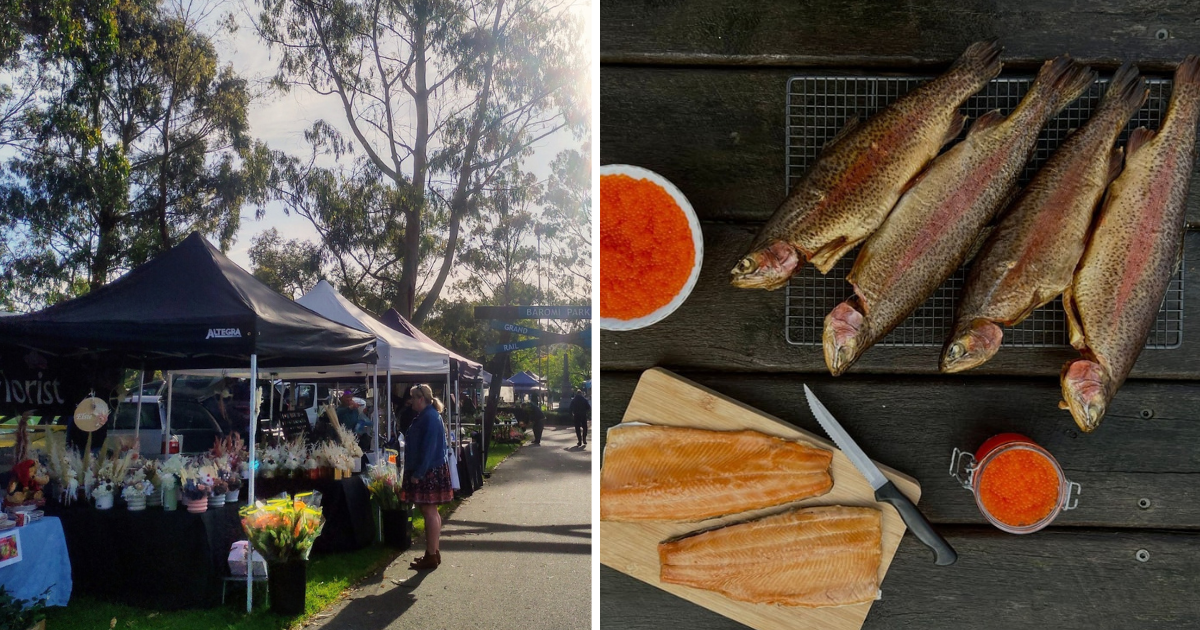“It’s too dry to sow”: Gippsland farmers months behind schedule
With water catchments under strain and crop planting months behind schedule, anomalies in weather are shifting opinion in the agricultural community.

Fifth-generation Gippsland farmer Ben Gebert is watching in real-time the impact climate change is having on the timing of the seasons, and the way he farms.
“At the moment in Stratford we’re quite dry when we should be well and truly kicking along from a grass production perspective,” he told the Gippsland Monitor. “I've noticed our water catchments are under strain. Most of the state and a fair whack of the country has planted their cereal crops later this year.”
Hailing from Wimmera Mallee in North Western Victoria, Gebert moved to his current mixed farming property just outside of Stratford in 2016.
He said farmers were “one to two months behind where they would otherwise be, because it was simply too dry to sow”.
A 2024 report from the Bureau of Meteorology and the CSIRO showed there has been a decrease of around nine percent in April to October rainfall since 1994 in southeast Australia.
Gebert said farmers were increasingly turning to renewable energy as their concerns about the environment mounted.
New survey
He is a member of Farmers for Climate Action, an advocacy group representing more than 8,400 Australian farmers.
On September 2, the organisation published a study using responses from more than 600 farmers and 140 agricultural representatives nationwide.
The study found climate change was a top concern for 57 percent of Australian farmers. The second and third concerns were bureaucracy (16 percent) and rising costs (15 percent).
“[57 percent is] a pretty significant figure, and it's increased from the last time we ran that survey,” Gebert said.
Of the respondents, 93 percent said they had experienced extreme weather events in the past three years, 74 percent noted unusual rainfall and 58 percent had experienced unpredictable growing seasons.
Farmers are already taking action
The survey also found that most farmers (71 percent) had already invested in emissions reduction measures, but only a quarter (26 percent) had calculated the amount of emissions their farms produce.

Solar panels powering Allister Clyne’s Hillside Dairies farm in Tinamba West.
“A lot of farmers, including myself, are looking for guidance on how we can improve our practices,” Gebert said.
“We'd love for some consistent guidance from state and federal governments around how we can improve, how we can implement more climate friendly practices, and more support made available to assist with that transition.”
Around two-in-three farmers (67 percent) planned to continue or expand their emissions reduction efforts over the next five years, with renewable energy the key priority.
Watch the Monitor’s interview with Gebert at the Gippsland New Energy Conference below.




